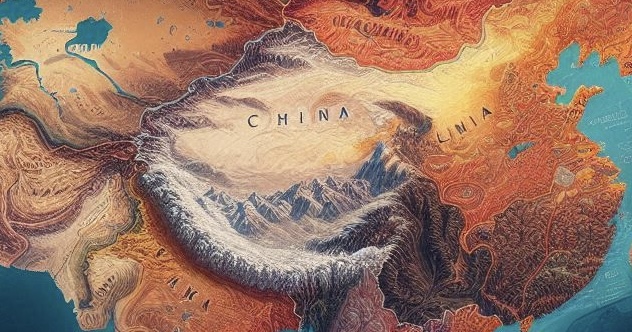Priya Mishra | The TrickyScribe: India’s recent thaw in relations with China has sparked significant debate about its broader geopolitical strategy. Amid escalating tensions with Western powers like the United States and Canada, particularly over their perceived leniency towards Khalistani separatists, India’s diplomatic dexterity is on full display. Despite this cooling of relations with its traditional allies, India’s engagement with China serves as a testament to the nation’s geopolitical optionality and strategic autonomy.
The shifting nature of India’s foreign policy is best understood through the lens of necessity and pragmatism. Ties with the United States, once hailed as one of the most important partnerships in the Indo-Pacific, have taken a hit due to Washington’s perceived tolerance towards pro-Khalistan rhetoric. Similarly, Canada’s public and political support for Khalistani elements has strained bilateral relations. In this context, India’s outreach to China may seem surprising but is a calculated move that underscores its ability to pivot between powers when circumstances demand it.
The newfound warmth between India and China, however, must clearly be approached with caution! Relations between the two countries have been historically fraught with tension, including the 1962 war and the more recent military standoff in the Galwan Valley in 2020. The question of trust remains a perennial issue, as past engagements have shown that China’s intentions often diverge from its promises. The strategic distrust runs deep, and it is unlikely that Indian policymakers, especially those with extensive experience dealing with Beijing, would be easily swayed by a temporary easing of tensions.
The challenge for India lies in balancing this rapprochement with China while maintaining its partnerships with other global powers. Washington’s influence in India’s economic, technological, and defense sectors remains substantial, and while disagreements over Khalistani separatism persist, the broader Indo-US relationship has been mutually beneficial. Likewise, Canada’s importance as a trade and diaspora partner cannot be overlooked, despite the ongoing political frictions.
India’s strategy in managing these complex relationships is emblematic of its broader geopolitical stance, which prioritizes strategic autonomy. This has been a hallmark of India’s foreign policy for decades, allowing the country to maneuver in a multipolar world where alliances are often fluid. The thaw with China, thus, is not about abandoning old alliances or forming new ones but is instead about keeping all options on the table, especially as the global order continues to shift.
Nonetheless, India must tread carefully in its dealings with Beijing. The recent easing of tensions could be part of China’s broader strategy to gain influence in the region, especially as it faces its own set of challenges in the form of a slowing economy and growing international scrutiny. It would be a grave mistake for New Delhi to be lulled into a false sense of security by China’s overtures. Indian leaders are likely well aware of the risks involved, having been betrayed in the past by the Dragon’s double-dealings.
While India’s diplomatic balancing act with China, the US, and Canada showcases its growing prowess on the global stage, it must continue to prioritize its national interests.
A cautious, measured approach will be essential to ensure that it does not overplay its hand with Beijing while navigating the complexities of its relationships with Western powers.
Total Views: 2,13,712




